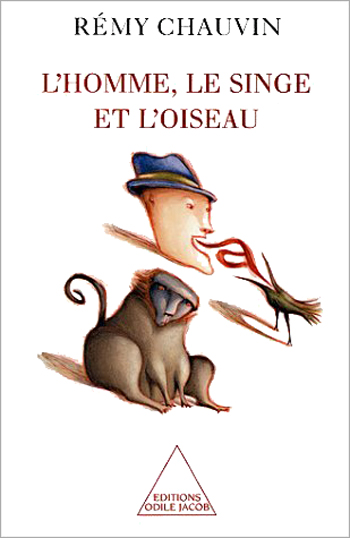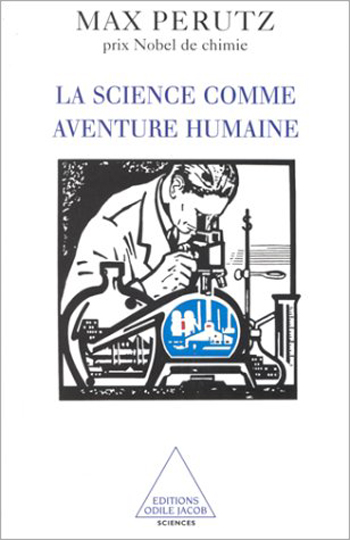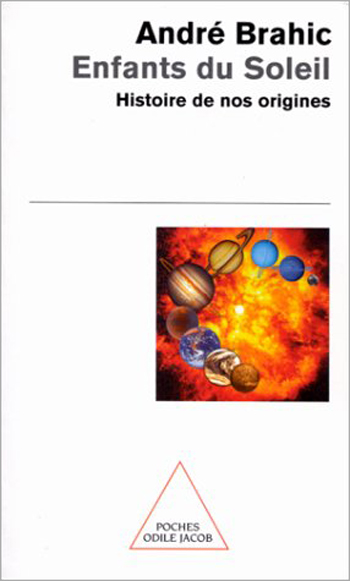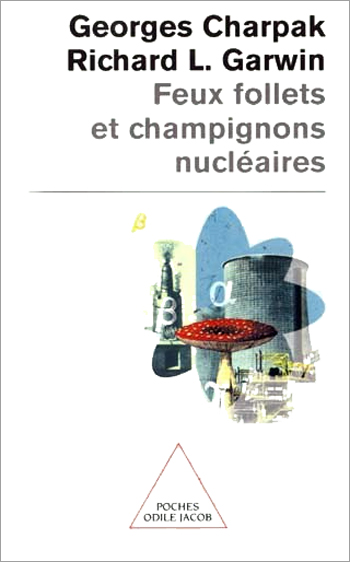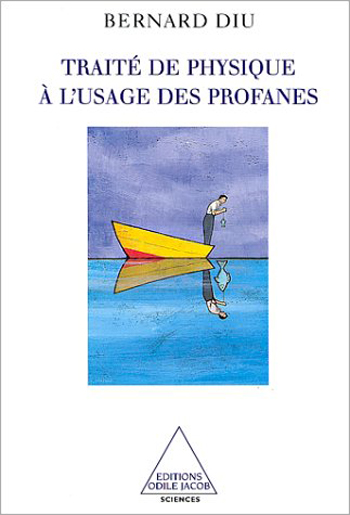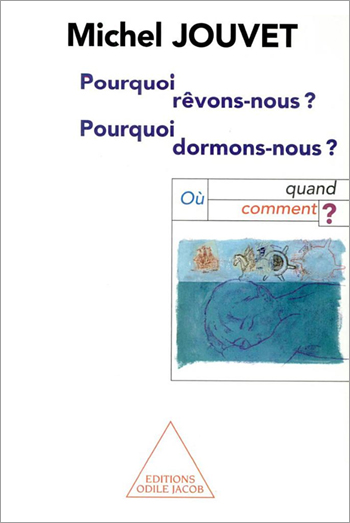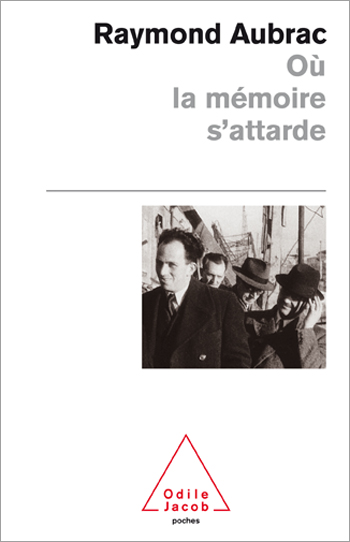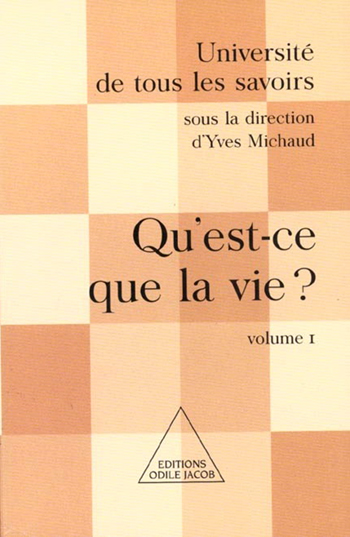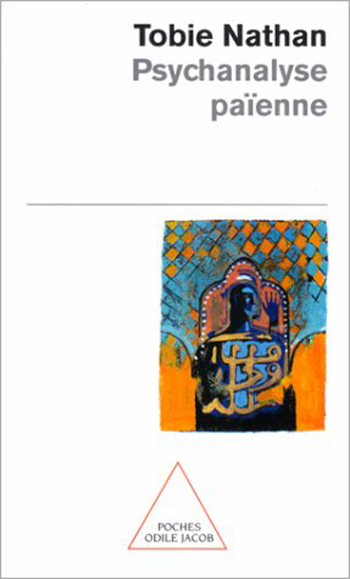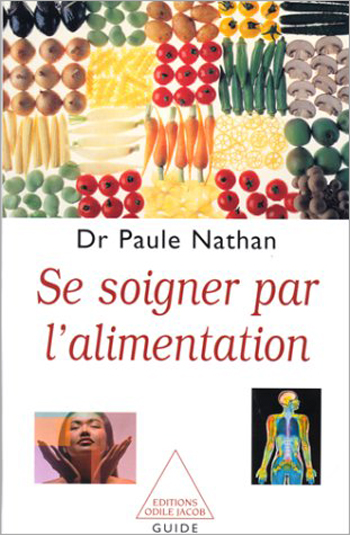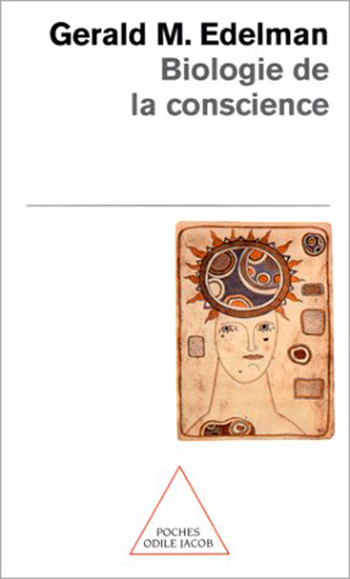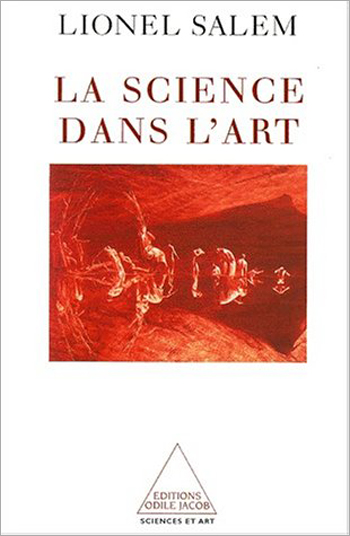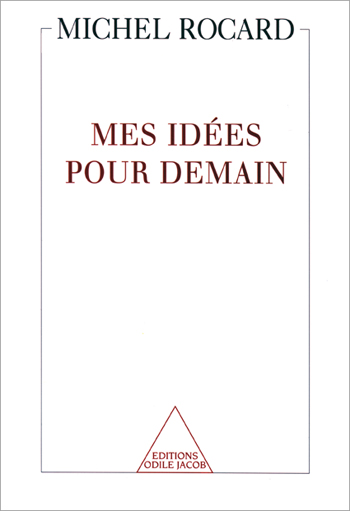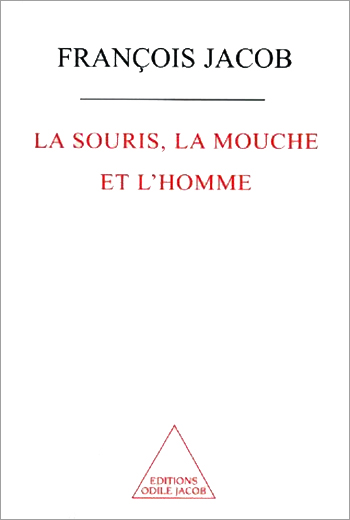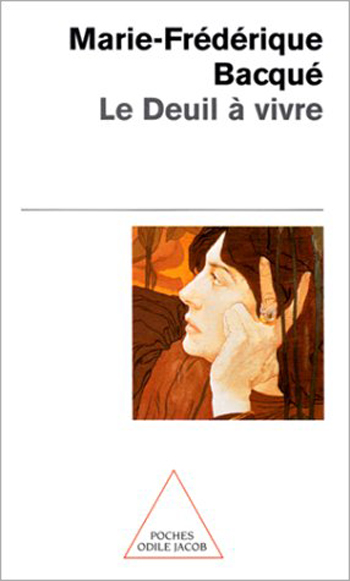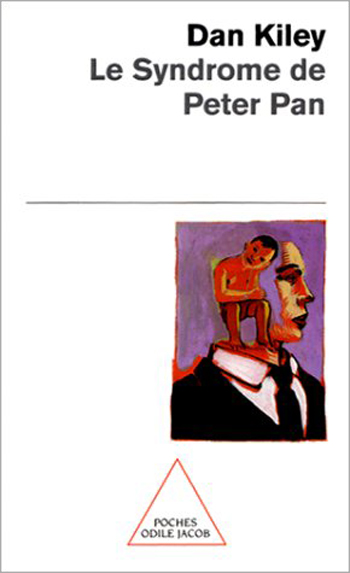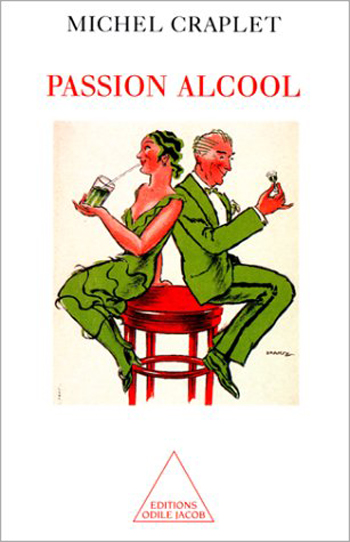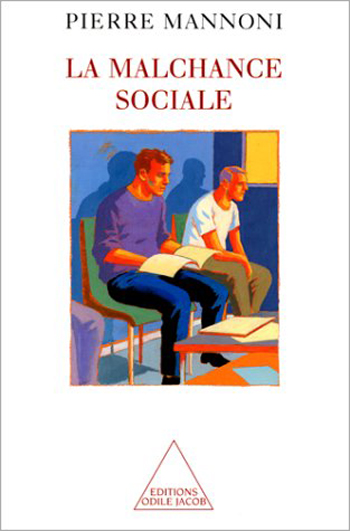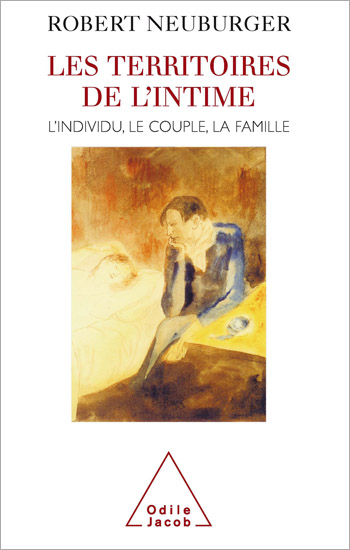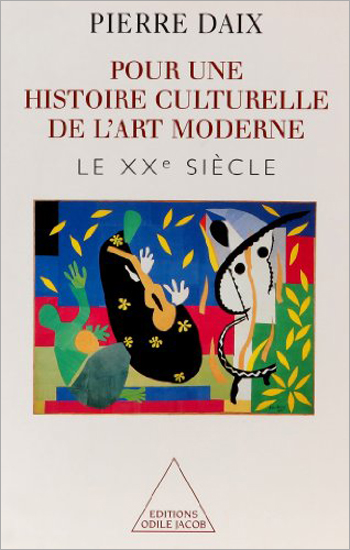Catalog All books
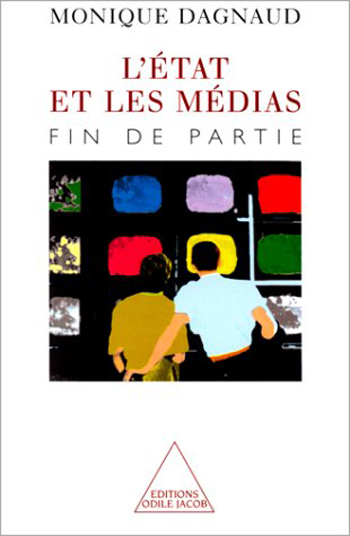
Monique Dagnaud
The State and the Media
Can the control of television broadcasting be justified? Should a broadcasting policy that favours cultural diversity be defended? What are the ties between media bosses and politicians or administrators? Can it be said that the content of programming is governed by an elitist plot? How is French media control different from that of other countries? How did it develop and how can it be applied to on-line media? Is there a French model of broadcasting? How has it evolved? Who will win the battle that is now being waged: the citizens or the giant global groups? Monique Dagnaud is a sociologist
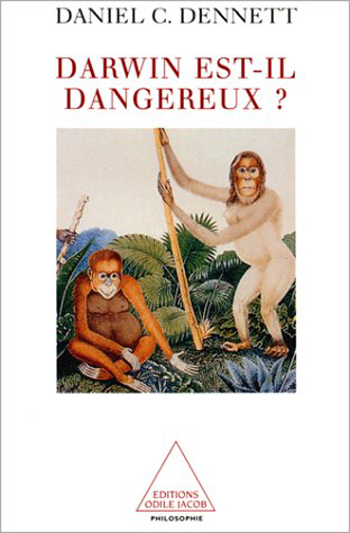
Daniel C. Dennett
Darwin's Dangerous Idea: Evolution and the Meanings of Life
In this book, he confronts this approach with the ideas of Charles Darwin and Darwinism, and addresses the question of evolution. What are the implications of the theory of evolution by natural selection? Why is evolution such a disturbing idea, not only for religious believers but also for philosophers and even for some biologists? How does it affect the concept of mind? In the midst of the current neo-Darwinian wave, this book offers a timely dialogue between the ideas of an important contemporary philosopher and those of the greatest nineteenth-century biologist. Daniel C. Dennett teaches cognitive sciences at Tufts University.
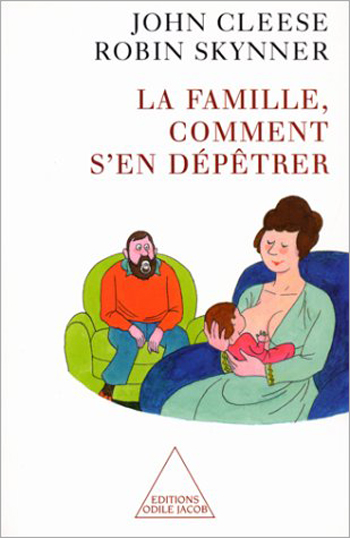
John Cleese, Robin Skynner
Families and How to Survive Them
How do we choose our partners? Why do we fall in love? What is the role played by each partner within a couple? How do we behave with our children? How can our children grow up to become well-balanced adults? ....And what is it that makes sex so important? These are some of the simple, basic questions that the renowned family psychotherapist Robin Skynner and his former patient, the comedian John Cleese, have chosen to discuss in a series of lively conversations that address serious issues in a practical, humorous manner. Robin Skynner is a psychotherapist. John Cleese is an actor and comedian.

Annales de démographie historique
The Factory, the Men and the Town. Intergration in Industrial Centres
Annales of Demographic History Report

Pierre Pollak
Parkinson's Disease
There are many aspects of this disease : How does it operate and what causes it ? When does the trembling start ? What are the other symptoms ? What are the newest available treatments ? What can be done when medicines are no longer effective ? What about brain surgery ? Will it be possible one day to perform brain transplants ? With regard to the daily life of a patient suffering from Parkinsons Disease, what are the benefits of gymnastics and massages ? Is it still possible to drive ? Or hold down a job ? What is the best attitude for the people around the patient to adopt ? Pierre Pollak teaches neurology at the University Hospital of Grenoble.
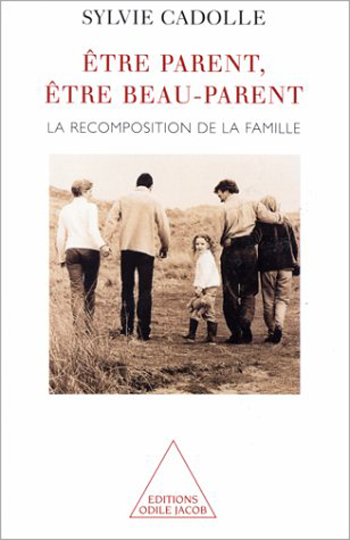
Sylvie Cadolle
Being a Step-parent The Recomposition of the Family
More than one million children in France live permanently or occasionally with a step-parent. What place does a step-parent hold in the family of a child whose parents are divorced or separated? What role does he or she play? Is it sufficient to know how to love in order to succeed in reconstructing a family? This is the first French investigation into the relations between step-parents and step-children that allows both the adults and the children to freely express themselves. Sylvie Cadolle teaches philosophy and educational sociology.
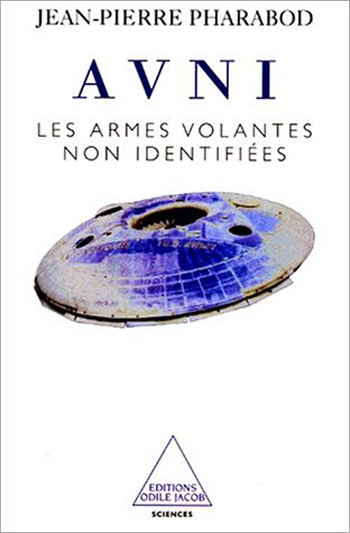
Jean-Pierre Pharabod
UFWs Unidentified Flying Weapons
Most reported sightings of UFOs turn out to be errors, optical illusions, hallucinations, and even practical jokes. But five per cent of all reported cases are more difficult to dismiss. According to the author, the unidentified objects may be clandestine terrestrial aircraft prototypes or secret weapons launched by the major industrialised nations, particularly the United States. Should the mysterious sightings be attributed to UFOs or to UFWs (Unidentified Flying Weapons)?
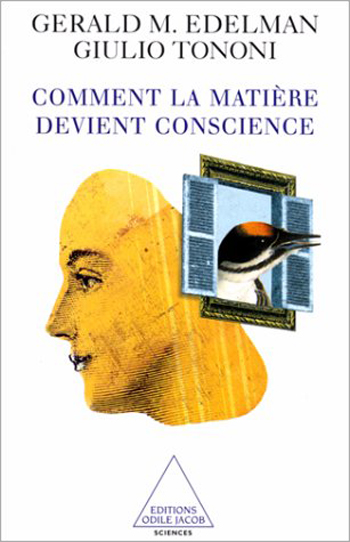
Gerald M. Edelman, Giulio Tononi
Consciousness : How Matter Becomes Imagination
How do the physical occurrences which take place in our brains create the world of conscious experience ? Philosophers have long disputed this question but today, it is science which is in a position to formulate real answers. Gerald M.Edelman and Giulio Tononi demonstrate that the processes which lead to consciousness are not confined to the brain, but are actually dependant on the functioning of numerous areas. They also show that these interactions are not fixed processes, but are constantly adjusted and modified. This research represents one step further towards understanding our identity and our complexity. Gerald M.Edelman, who has received the Nobel Prize for medicine, heads the Institute of Neurosciences at La Jolla in California. Giulio Tononi is a researcher at the Institute of Neurosciences.

